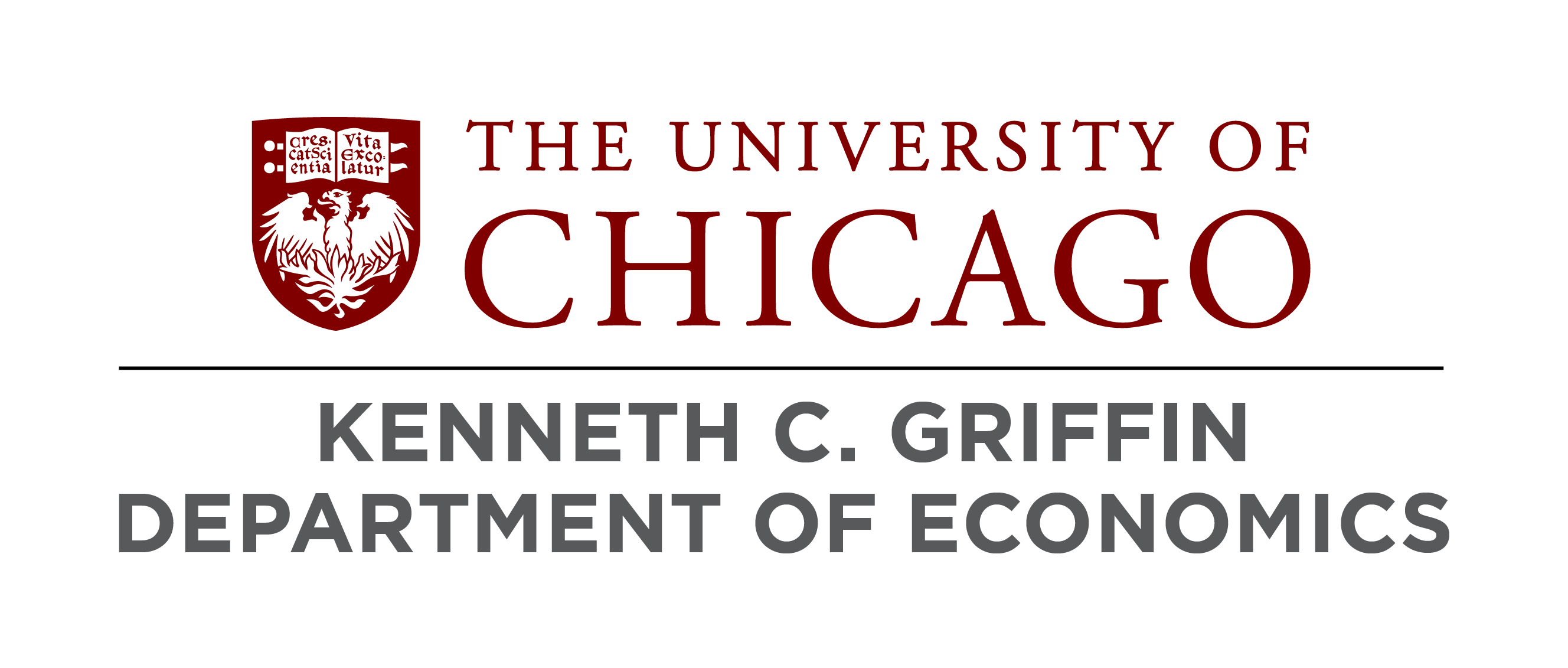
Primary Research Focus: Microeconomic Theory, Mechanism and Information Design, Matching
Secondary Research Focus: Experimental and Behavioral Economics
References: Ben Brooks, Doron Ravid, Emir Kamenica, Phil Reny
Sulagna Dasgupta's Personal Website
Sulagna Dasgupta's CV
Recent Research / Recent Publications
Abstract
A principal (she) tests an agent’s (he) knowledge of a subject matter. She has preferences over his unobserved quality, which is correlated with his knowledge. Modeling the subject matter as an unknown state and knowledge as beliefs over it, I show that optimal tests are simple: They take the form of True-False, weighted True-False or True-False-Unsure, regardless of the principal’s preferences, the distribution of the agent’s beliefs, its correlation with his quality or his knowledge thereof. The need to elicit knowledge forces the principal to trade-off the efficacy of the test in terms of whom it rewards, against how much it rewards them. If there is an ex-ante “obvious” answer, the optimal resolution of this trade-off leads to a partial penalty for that answer, even if it is correct, or a partial reward for a “counterintuitive” answer, even if it is incorrect. When the principal can pick the subject matter, she picks one that admits no such ex-ante obvious answer. In this case, the highly prevalent True-False test is always optimal, regardless of principal’s preferences, agent’s learning, or the specific optimal choice of the subject matter.
 THE UNIVERSITY OF CHICAGO
THE UNIVERSITY OF CHICAGO

